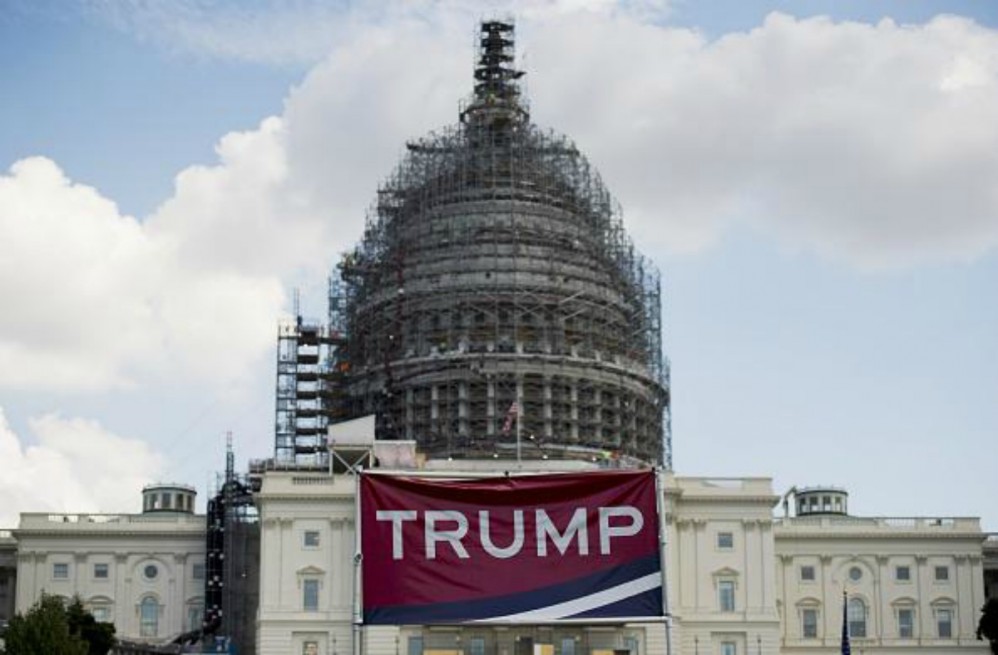America Embroiled in the Crisis, Qatar in the Crosshairs of the Sheikhdoms
Qatar, accused by Saudi Arabia and its allies of supporting terrorism, implicitly refused its neighbors’ demands for restoring relations, just a few hours before the end of a 10-day period within which it was limited to reply.
Saudi Arabia, the United Arab Emirates, Bahrain and Egypt cut their relations with Qatar on June 5 and implemented economic sanctions, accusing Doha of supporting “terrorist” groups.
Saudi ambassador to the United Nations, Abdullah al-Mouallimi, accused Qatar of persisting in upsetting the security of Saudi Arabia and other states in the region and supporting terrorism, which threatens the whole world, forgetting that his regime is supporting other terrorist organizations of different types and names.
He said in an announcement released by the Saudi Foreign Ministry on Twitter that Saudi Arabia, the UAE, Bahrain and Egypt made a sovereign decision to boycott Qatar in order to "preserve security in the region and pressure Doha into stopping its support for terrorism."
Al-Mouallimi explained that continuing Qatari support for terrorism is what led to Doha being the first sanctuary for terrorists, where they find an accommodating environment and are allowed to conspire against their states. He claimed that the four states had given Qatar a number of opportunities to stop its support for terrorism and end intervention in the internal affairs of other states between 2013-2014, but these endeavors had failed, and Doha had not committed to meeting any demands.
In striving to resist American diplomatic volatility, Qatar deployed tactics Riyadh has been using for a long time — buying shares in the American economy. It lit up skyscrapers in the middle of Manhattan with a deep red and white, the colors of Qatar Airways and the national flag, in celebration of the tenth anniversary of the beginning of air travel between the two countries.
A little before that, it signed a contract of up to $12 million to buy 36 F-15 fighters from the American company Boeing. Even if this deal is relatively small when compared with the $110 million arms deal signed between the U.S. and Saudi Arabia, it was enough to draw the attention of American industrialists— so much so, that American Ambassador in Kuwait Lawrence Silverman called on all the sides involved in the Gulf crisis to show self-control and reach a “just solution” to their differences, just hours before the end of the deadline granted to Qatar.
*Editor's note: Manama is the modern capital of Bahrain.


